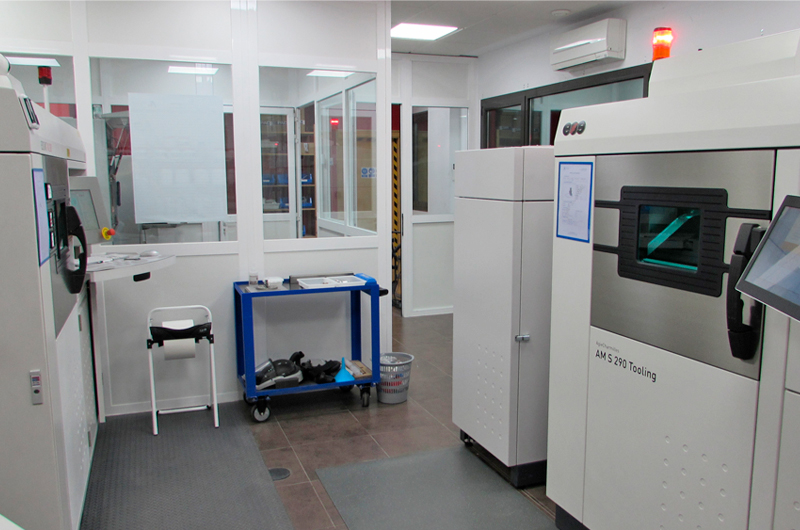
Plastic engineer
Plastic engineer A Plastic Engineer is a professional who designs, develops and tests products made from plastic. This engineer uses their specialized knowledge of plastic materials to create products that meet specific requirements.
Plastic engineer. A plastic engineer is someone who specializes in designing and creating products from different types of plastics. These engineers use a variety of techniques to create objects that are both functional and aesthetically pleasing. They must possess a deep knowledge of polymer chemistry, thermoplastic processing, and material selection to ensure the products they create are safe and durable. Plastic engineers must also understand the mechanical and physical properties of the materials they work with, as well as the best methods of manufacturing them. A plastic engineer must be able to think outside the box when it comes to problem solving and should also be creative in their approach to designing new products.
To become a plastic engineer, a person needs to have a degree in engineering with a focus on plastics, or an advanced degree in polymer science. After obtaining their degree, plastic engineers must continue to stay current on the latest developments in the field. In addition to their formal education, plastic engineers should also have significant experience in the field, as well as strong communication and problem-solving skills. Plastic engineers are an integral part of many industries, from the automotive industry to medical device manufacturing. They are essential for creating innovative products that are safe and effective for their intended purpose. As plastic engineering technology advances, plastic engineers will play an even larger role in the development of products that meet the needs of their customers.
Plastic engineers are specialized professionals with expertise in the design and creation of products using various types of plastics. These engineers are not only adept in employing diverse techniques to fabricate objects that are functional but also visually appealing. Their role demands a comprehensive understanding of polymer chemistry and thermoplastic processing, as well as an astute selection of materials, to ensure the products they develop are both safe and long-lasting.
A key aspect of a plastic engineer’s job is their grasp of the mechanical and physical properties of the materials they handle, coupled with knowledge of the most efficient manufacturing methods. Creativity and innovative problem-solving abilities are essential traits for plastic engineers, as they often need to think unconventionally in product design and development.
The path to becoming a plastic engineer typically involves obtaining a degree in engineering with a specialization in plastics or advancing further with a degree in polymer science. Post-graduation, it’s crucial for these engineers to stay abreast of the latest advancements in their field. Practical experience in the industry, along with strong communication and problem-solving skills, are vital components of their professional repertoire.
Plastic engineers play a pivotal role across various sectors, including the automotive industry and medical device manufacturing. Their contributions are critical in the creation of innovative, safe, and efficient products. As the field of plastic engineering continues to evolve with technological advancements, the role of plastic engineers is set to become even more significant in developing products that effectively meet customer needs and industry standards.




